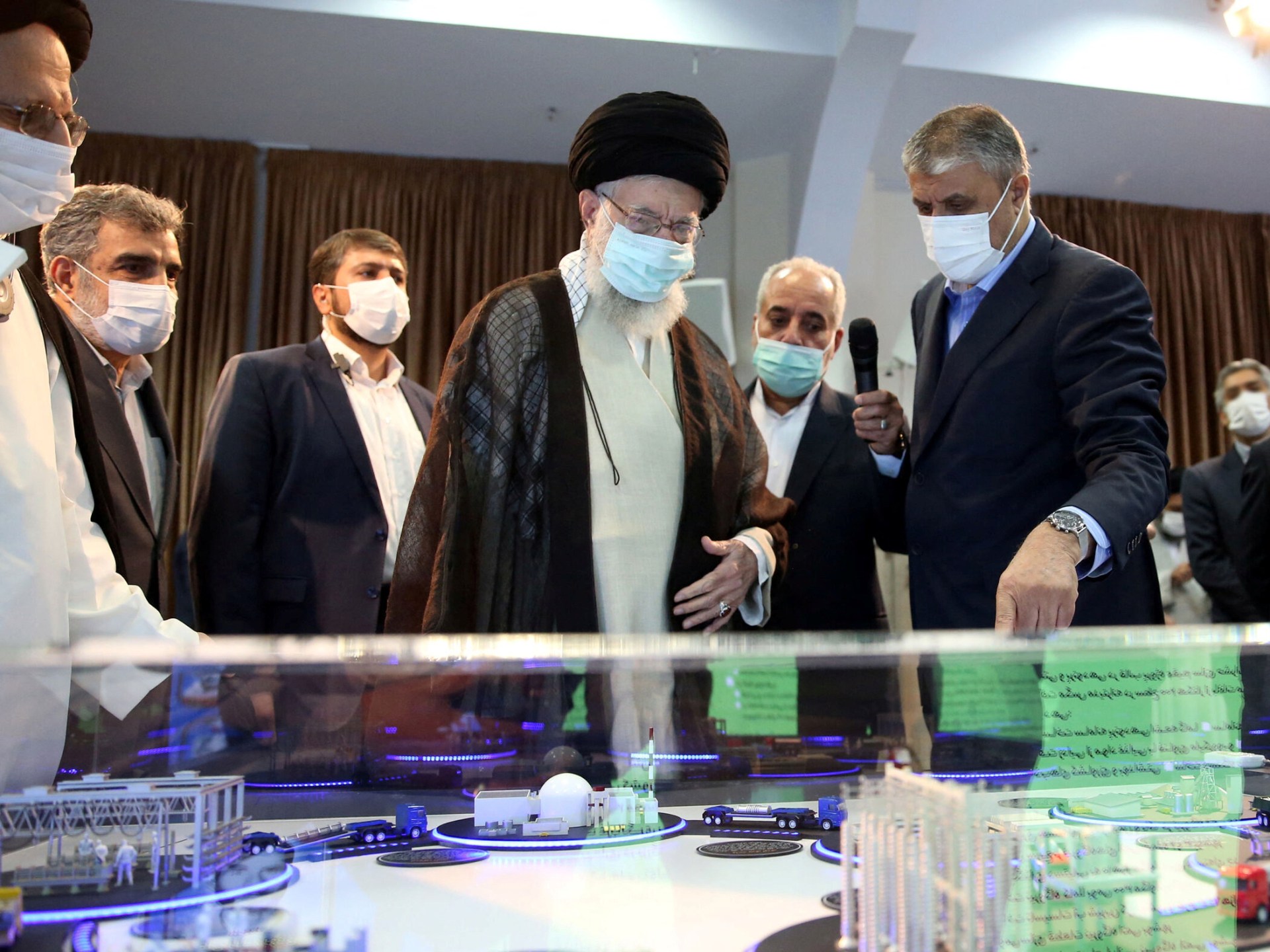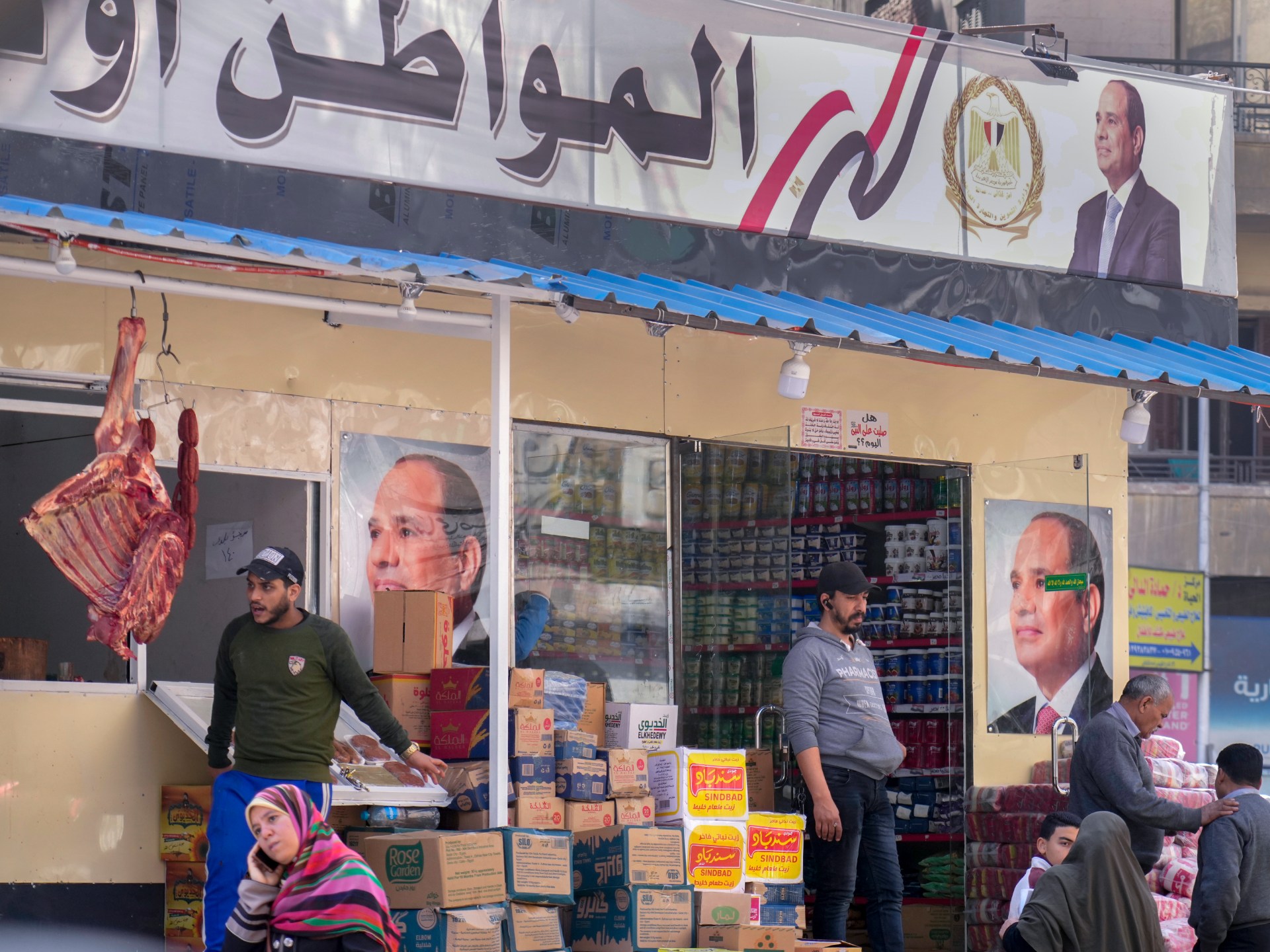
U.S. and Iranian officials are continuing closed-door talks, including indirect talks in Oman, to curb tensions in the region, in an effort to curb Tehran’s nuclear program and release American prisoners, the officials said.
Neither side has spoken publicly about the nature of the talks after several failed attempts to revive the 2015 nuclear deal, which curbs Iran’s nuclear ambitions in exchange for sanctions relief signed between Iran and several world powers.
Former US President Donald Trump formally withdrew from the landmark deal known as the Joint Comprehensive Plan of Action (JCPOA) five years ago and imposed unilateral sanctions as part of a “maximum pressure” campaign against Iran.
Why is the discussion quiet?
Experts say the parties are seeking a short-term deal with key objectives rather than waiting for a revival of the 2015 deal, which has repeatedly stalled.
The talks signal a resumption of diplomacy between the two traditional enemies.
Iranian Foreign Ministry spokesman Nasser Kanani appeared to confirm the talks at a press briefing last week, saying “the Muscat talks were not secret,” according to the Tasnim news agency, but adding that there was no intention to discuss an agreement separate from the JCPOA.
However, the US government has so far denied any deal with Iran.
Mahjoub Zuiri, director of Qatar University’s Gulf Studies Center, said President Joe Biden’s administration doesn’t want to be seen as “concessions to Iran,” especially ahead of next year’s presidential election.
They also don’t want US ally Israel to attack Iran’s proxies because it could “complicate the regional situation”, Zuiri told Al Jazeera.
Is there an ‘interim agreement’?
According to Cornelius Adebahor, an Iran expert and non-resident fellow at Carnegie Europe, there is “no talk of a new ‘deal’, not even an informal one” at the moment.
The recent arrangement between Iran and the US that allowed Iran to repay debts owed to Iraq was a positive step for Iran while for the US it merely “reversed the dangerous trend of ignoring Tehran’s nuclear progress”, Adebahr told Al Jazeera. .
Iran remains steadfast in its position that its nuclear program is for peaceful purposes and its ballistic missile program should not be included in a revived JCPOA.
The United States is likely to seek to impose limits on Iran’s nuclear and weapons programs, secure the release of Americans imprisoned in Iran, limit Iran’s alleged role in the Russia-Ukraine war, and stabilize energy markets and oil prices.
A short-term deal is “good for both sides” because it won’t look like a big concession, and at the same time defuses the situation, Zweiri said.
An interim measure would also not require the approval of the US Congress, where many oppose giving benefits to Iran because of alleged military aid to Russia.
Iran has given the drones to Russia “upsetting” the West, Zuri said, a “major complication” for a deal between Iran and the West.
Tehran maintains that it supplied drones to Russia months before the war and wants a negotiated end to the war.
What is it for Iran?
A possible deal could prevent tensions around the nuclear deal from escalating in the near future and prevent Western parties from seeking to activate the deal’s “snapback” mechanism, which is designed to reinstate UN sanctions on Tehran if it violates the deal.
It could also see Washington and its European allies refrain from pushing any further punitive resolutions against Iran at the International Atomic Energy Agency’s (IAEA) Board of Governors. The second such sanctions resolution last November encouraged Iran to enrich its uranium at a key nuclear site.
Iran may also hope that the United States will use sanctions waivers to free up billions of dollars worth of Iranian assets held abroad, with the clause that they can only be used for humanitarian purposes. Iran’s central bank governor was in Doha earlier this week, hinting that Qatar may be involved to facilitate the process.
The Korea Economic Daily reported in May that South Korea was discussing possible ways to pay Iran for the oil it purchases.
Iraq recently paid $2.76 billion in gas and electricity bills to Iran after US sanctions were lifted.
What is it for the United States and its allies?
Iran has increased its nuclear activities since the US withdrawal from the JCPOA, saying it is not in violation of the deal.
The U.S. appears content to keep Iran’s enrichment at current levels, with the New York Times reporting that the U.S. is demanding that Iran now not enrich uranium to 60 percent purity. Weapons-grade uranium is required to have 90 percent purity.
Transitioning to weapons-grade uranium is a short technical step, but Western intelligence agencies and the IAEA say they have seen no evidence Tehran is moving toward it, and Supreme Leader Ayatollah Ali Khamenei says Iran claims Iran wants a bomb. False “excuses” by the West.
The New York Times suggested that Iran might agree not to seize foreign oil tankers if the United States did the same. The Islamic Revolutionary Guard Corps (IRGC) has seized tankers in the past for a variety of reasons, including accident reports and judicial orders, with Western media reporting that it came in response to the seizure of a US tanker carrying Iranian oil.
Three American-Iranian prisoners may be freed if the US gives up some of Iran’s economic assets.
Two detained British Iranians were released last year amid media reports that the British government had paid Tehran 400 million pounds ($513 million) in debts dating back to the 1979 Islamic Revolution.
Source link




